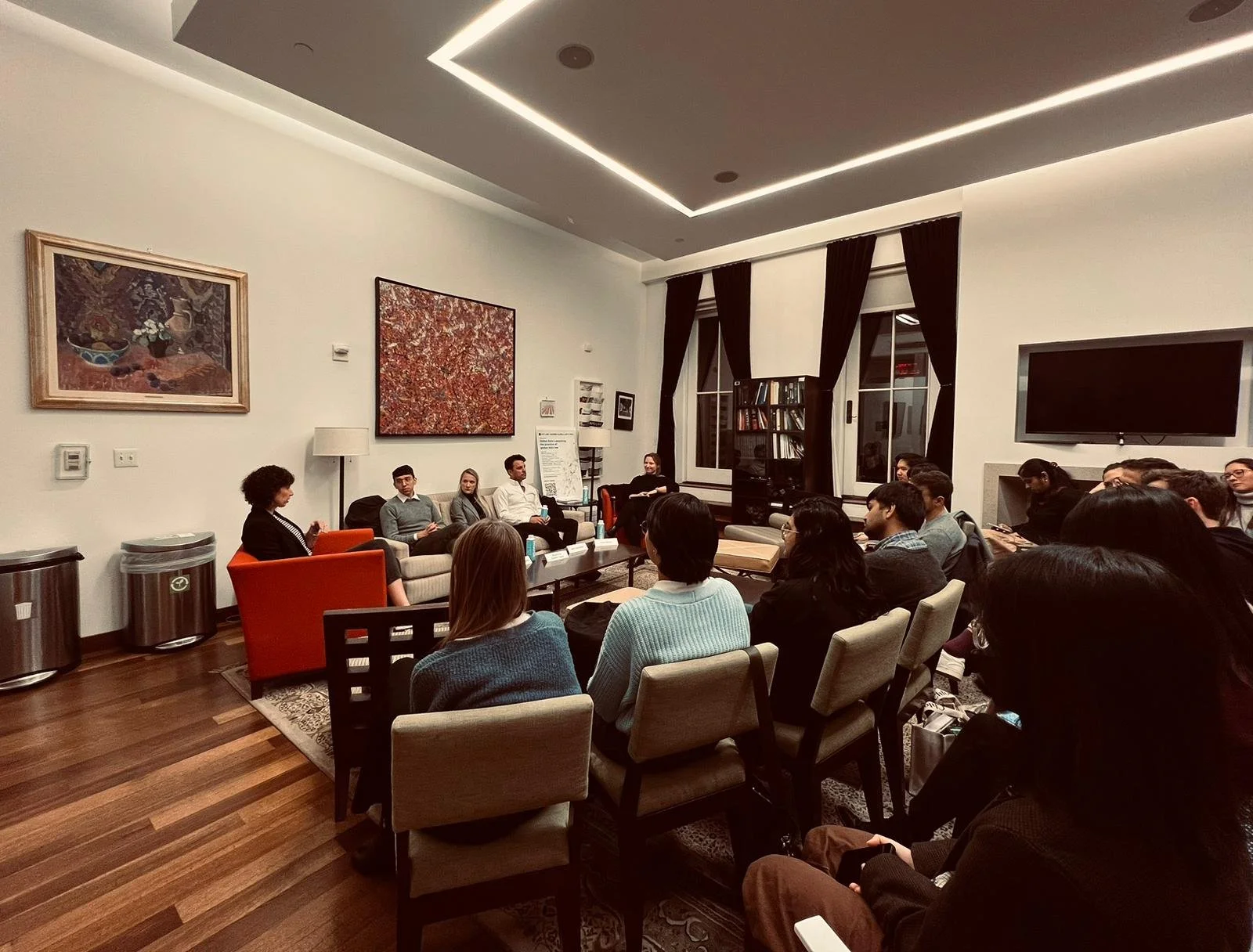The Global Data Law project at Guarini Global Law & Tech welcomed Linnet Taylor and Siddarth Peter de Souza from Tilburg's Global Data Justice project to NYU Law for an invitation-only workshop.
In this one-day workshop, participants explored not only how data is governed globally but also how it should be governed. This involved questioning ex ante how data should be conceptualized for purposes of regulation. We explored how global data governance can be (re-)oriented towards principles of justice to ensure just outcomes and distributions.
Thinking about data in the terms outlined above required examining whether data is seen as an economic commodity, a strategic or proprietary asset, a collective good, or a social practice. Each of these different conceptualizations determines the regime through which data is governed, who is governing it, and for whose benefit. Different qualities with which data is imagined thus also determine the nature of the institutions that are being proposed to regulate data. To this end, we explored how different types of data are conceptualized, generated, transmitted, and used; how those processes are co-constituted and shaped by extant approaches to data ownership, data protection, control of state power, and technological power; and the distributive impacts of social, economic, political, and legal relationships that are (re)constituted and mediated through data-as-infrastructure in the process.




